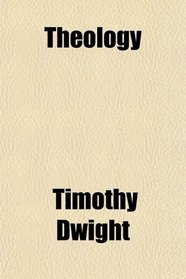Search -
Theology
Theology
Author:
Purchase of this book includes free trial access to www.million-books.com where you can read more than a million books for free. This is an OCR edition with typos. Excerpt from book: SERMON II. ATHEISTICAL OBJECTIONS AND SCHEMES OF DOCTRINE CONSIDERED. Psalm xiv. 1 — The fool hath said in his heart, there it no Goo. IN the preceding ... more »
Author:
Purchase of this book includes free trial access to www.million-books.com where you can read more than a million books for free. This is an OCR edition with typos. Excerpt from book: SERMON II. ATHEISTICAL OBJECTIONS AND SCHEMES OF DOCTRINE CONSIDERED. Psalm xiv. 1 — The fool hath said in his heart, there it no Goo. IN the preceding ... more »
ISBN-13: 9780217900881
ISBN-10: 0217900887
Publication Date: 8/18/2009
Pages: 480
Rating: ?
ISBN-10: 0217900887
Publication Date: 8/18/2009
Pages: 480
Rating: ?
0 stars, based on 0 rating
Publisher: General Books LLC
Book Type: Paperback
Other Versions: Hardcover
Members Wishing: 0
Reviews: Amazon | Write a Review
Book Type: Paperback
Other Versions: Hardcover
Members Wishing: 0
Reviews: Amazon | Write a Review
Genres:




